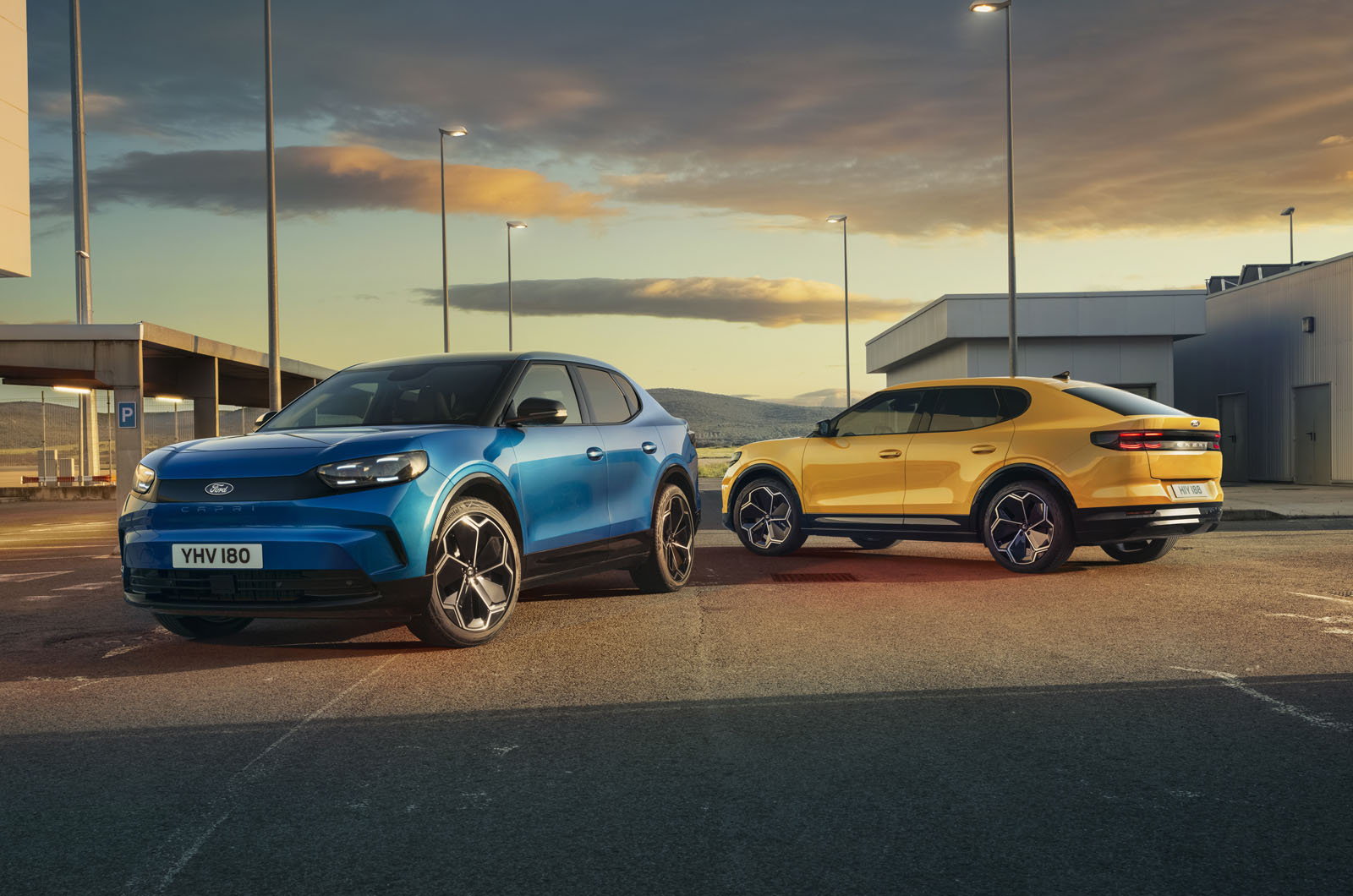But Gjaja said maintaining a flexible powertrain offering is crucial, and a new ‘multi-energy’ platform currently in development for European cars will be vital in ensuring Ford maintains its footing in Europe’s mainstream car market.
The company has not fully outlined the future of its Valencia factory beyond the end of production of the current-generation Kuga, but has revised its plans to build EVs there in favour of models that could be powered – at least in part – by combustion engines.
Gjaja said: “We’re all in from the standpoint of we’re going to compete aggressively, whether it’s a pure ICE, whether it’s a pure battery-electric vehicle, or hybrids in between, because what we’re seeing is customers want that freedom of choice to pick the right powertrain and the right vehicle for their use case.
“We’re going to bring something to Valencia, but we haven’t committed to what that’s going to be. We’re still working on that. I think it’s going to be multi-energy. That’s our current thinking, because we think it gives us the best chance of success given the European market and where we are in adoption.”
Production of the first model on this new platform – the size and shape of which remain unconfirmed – is scheduled to begin in 2027, with projected volumes of up to 300,000 units per year, according to Spain’s industry ministry. It is possible that Ford plans to put a new generation of Kuga on the line, with that car expected to end its current life cycle in around 2026.

